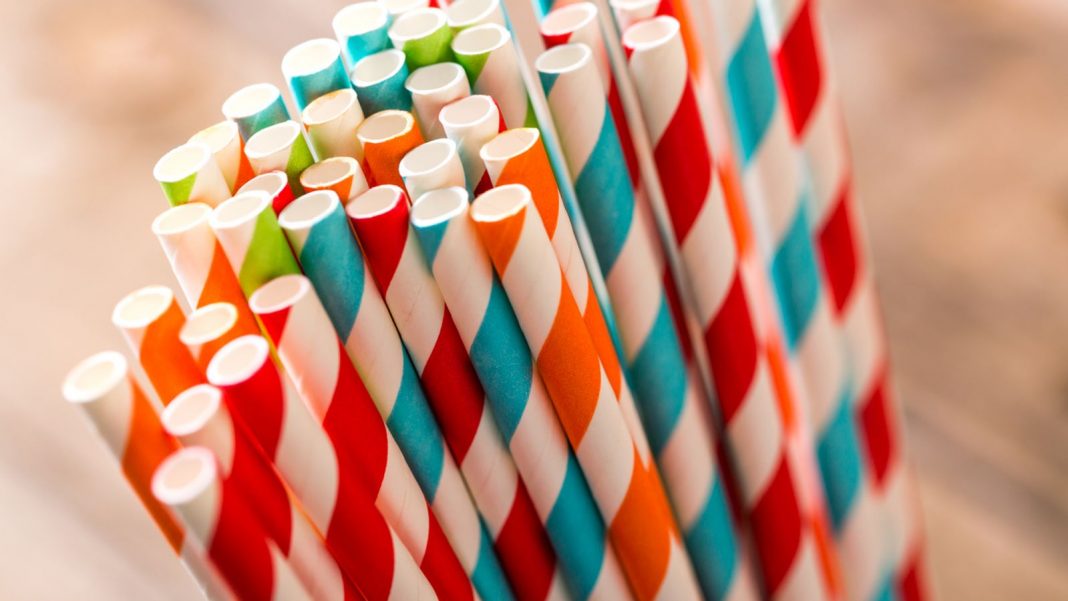
Paper straws contain potentially toxic chemicals which could pose a risk to people, wildlife and the environment, a study has found.
Poly- and perfluoroalkyl substances (PFAS), which are long-lasting and potentially destructive to human health over time, were discovered in the majority of paper and bamboo straws tested.
The straws are considered “eco-friendly” compared to their plastic counterparts, which have been banned in the UK since 2020.
The groundbreaking European study analysed straws made from a range of materials from shops and fast-food restaurants and found 18 out of 20 brands of paper straws contained PFAS, with a lower frequency of detection in plastic and glass versions.
The research did not look at whether PFAS leaked out of the straws into the liquids.
The most commonly found PFAS, perfluorooctanoic acid (PFOA), has been prohibited worldwide since 2020.
No PFAS traces were detected in any of the steel straws tested.
PFAS concentrations were found to be low and since straw use is seldom, the Belgian researchers said they posed a limited risk to human health.
However, they warned the chemicals could accumulate in the body over many years.
The chemicals have been associated with a number of health problems, including lower response to vaccines, lower birth weight, thyroid disease, increased cholesterol levels, liver damage, kidney cancer and testicular cancer.
Read more from Sky News:
Teams on stand-by to pump England’s rivers with oxygen
What is water cremation?
The presence of PFAS in the bulk of paper straws was due to them being used as a water-repellent coating, in some cases, the researchers added.
Dr Thimo Groffen, from the University of Antwerp, said the researchers wanted to find out if PFAS were in plant-based drinking straws sold in Belgium, after they were discovered in straws sold in the US.
After the findings, he advocated the use of steel straws but also advised to “avoid using straws at all”.
Dr Groffen added: “Straws made from plant-based materials, such as paper and bamboo, are often advertised as being more sustainable and eco-friendly than those made from plastic.
“However, the presence of PFAS in these straws means that’s not necessarily true.”
PFAS are notably used in items such as outdoor clothing and non-stick pans because they are resistant to water, heat and stains.







